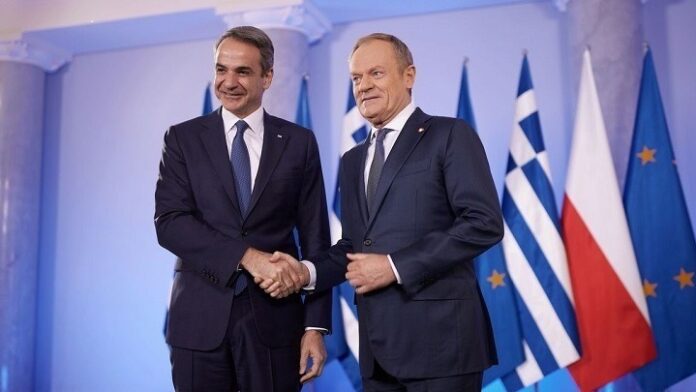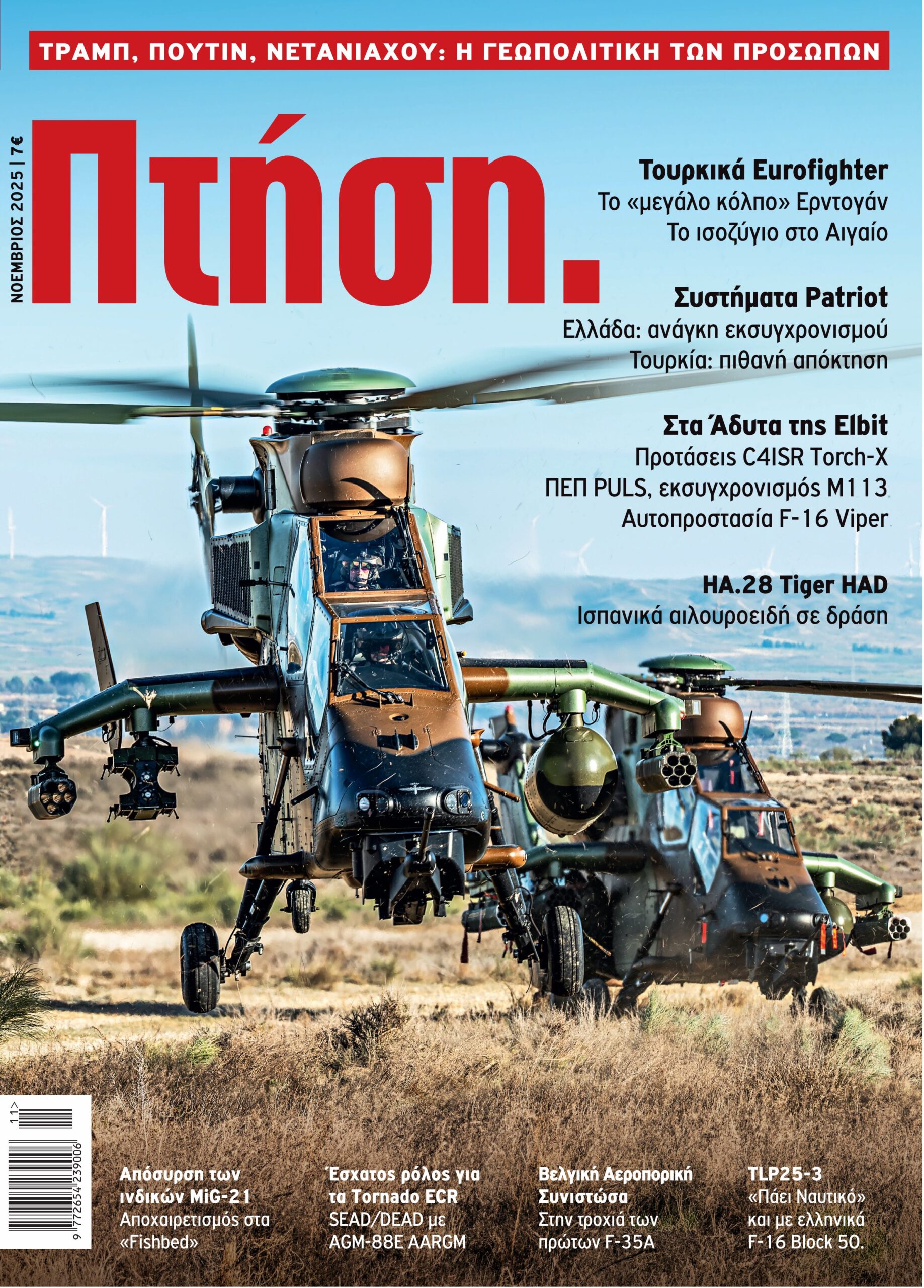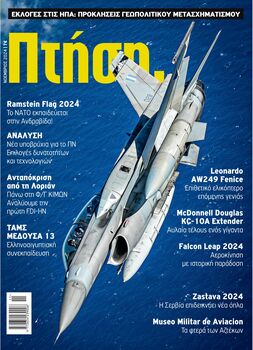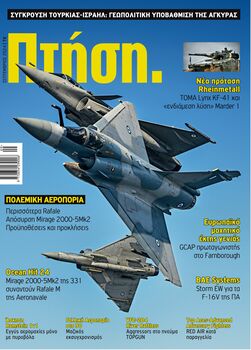The future of Europe’s security and cooperation in migration were the two main topics broached during a meeting between Greek Prime Minister Kyriakos Mitsotakis and his Polish counterpart Donald Tusk, held in Warsaw on Friday.
Welcoming the Greek premier, Tusk noted that cooperation between them has always been excellent “for many reasons” and that they are able to “rely on one another”. He said that they could both have a positive influence with respect to shaping European policies for security and migration and that they will exchange experiences on the effective guarding of their external borders.
Tusk went on to stress that European Union member-states must protect their territory and control their borders, ensuring that migration policy is not chaotic and uncontrolled.
Regarding Ukraine, he said they had common positions on the need for its support and made a good partnership for cooperation ahead of the European Parliament elections, after which it would be easy to form new alliances and structures.
The Polish prime minister also thanked Mitsotakis for his warm praise of the Polish fire fighters who helped fight wildfires in Greece the previous summer, saying that this collaboration will be repeated this summer as well.
Thanking Tusk for his own warm reception, Mitsotakis said that their discussion had particularly focused on the war in Ukraine.
“We are now in the 3rd year of this unprovoked and illegal attack by Russia on Ukraine. Its repercussions are felt in Poland. Talking to [Ukrainian President Volodymyr Zelenskiy] yesterday, I had the opportunity to repeat that we will continue to firmly support Ukraine financially and militarily for as long as is needed,” Mitsotakis said.
He also referred to the common challenges faced by Greece and Poland in migration, stressing that “we have to defend our borders, which are also the borders of the EU, and we have made progress at the European Council. It must be up to us to decide who enters Europe, not the traffickers.”
Regarding defence, he said that Greece and Poland already spend significantly more than 2% of their GDP on defence: “We must be on the front line in issues that concern Europe’s defence. This could include some form of common borrowing or other forms. It must be discussed after the next European elections,” the Greek prime minister said.
Mitsotakis then pointed out the potentially important role that Tusk and he might play within the European People’s Party (EPP) with respect to Europe’s initiatives in the next election cycle, on issues concerning security and defence, or issues such as competitivess, creating jobs and agriculture. He noted that the Green Transition is essential but must be done in such a way so that farmers do not feel threatened.
Mitsotakis expressed Greece’s gratitude for the assistance of the Polish fire fighters sent to help fight wildfires in Greece and said the two sides were examining the creation of a mechanism to bring some of them permanently to Greece. He also spoke of economic cooperation between Greece and Poland, pointing out that 1.3 million Polish tourists visit Greece every year.
The two leaders were asked about sanctions against Russia, with Tusk replying that there had been agreement on the need to make significant efforts regarding the frozen assets of Russian entities, given that the Russian capital at the disposal of western economies amounted to 380 billion euros on a global level. More and more European citizens are wondering about this, he pointed out, and asking “why we are covering the cost of the Russian invasion when there is Russian money at our disposal.”
“Step by step, we are getting closer to taking decisions,” he added, saying that his upcoming meeting with his Danish counterpart will also examine the issue of the ‘shadow’ fleet of 100-plus ships without flags in the Baltic, which are illegally transporting Russian oil.
Mitsotakis said that Russia had not expected, in 2022, that Europe would be so united in its support of Ukraine, pointing out that the EU has unblocked 50 billion euros in the coming years and provided military aid both bilaterally and through EU tools. He said there must be an investigation into whether countries are violating the sanctions against Russia and expressed support “for using the interest or the initial capital of Russian funds in European banks but ensuring that what is done is legally sound and will not be disputed in the future.”
Asked about Europe’s defence, the Greek prime minister said that new avenues must be found for cooperation on a European level. “I consider the discussion on the use of common borrowing that will create a European fund to be one that cannot be postponed. We face common challenges, such as anti-missile defence, and I believe that if we use such a fund, we will need some flagship works and programmes that will demonstrate that they offer security to all European citizens,” he said.
He noted that the last “strategic compass” was designed in 2019, when no one considered that a war would ever break out in Europe again.
“The Russian invasion is a barbaric ordeal for Ukraine and the EU member-states. We have to be prepared for the worst scenarios,” Tusk said, on his part. While not wanting to frighten anyone or be the bearer of bad news, he emphasised, “this war is real and present,” not something abstract, and the sound of missiles falling could be heard near Poland’s eastern borders. He underlined that, among others, Europe must become a political and military power.
“Our views in this area are the same and we will use our influence in Europe to mobilise our partners in Brussels and strengthen Europe’s defensive, deterrent capacity,” he stressed.










